The Long Game: Campaigning for Real Change in Animal Welfare with Vanessa Amoroso, FOUR PAWS
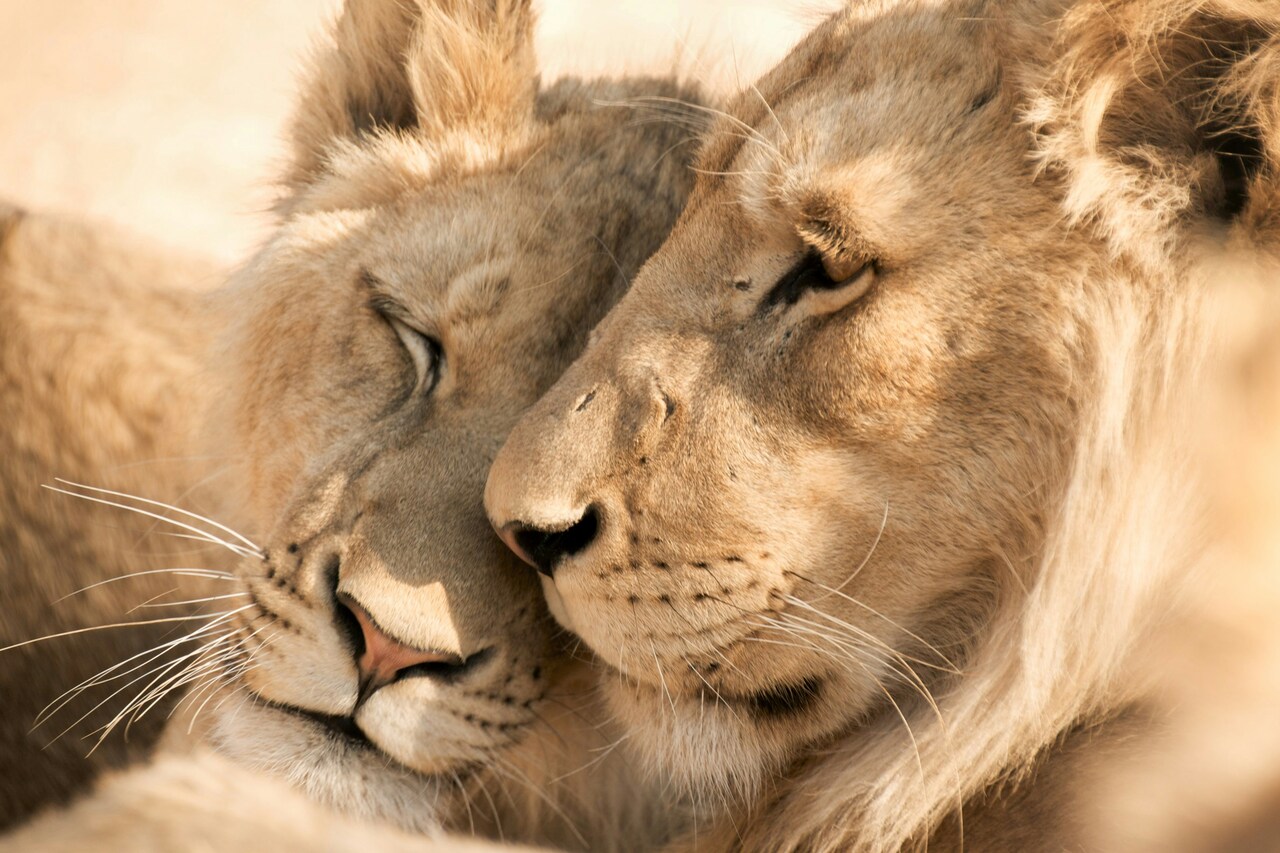
How do you turn a childhood fascination with wildlife into a career that challenges global systems of exploitation and drives real legislative change? ⚖️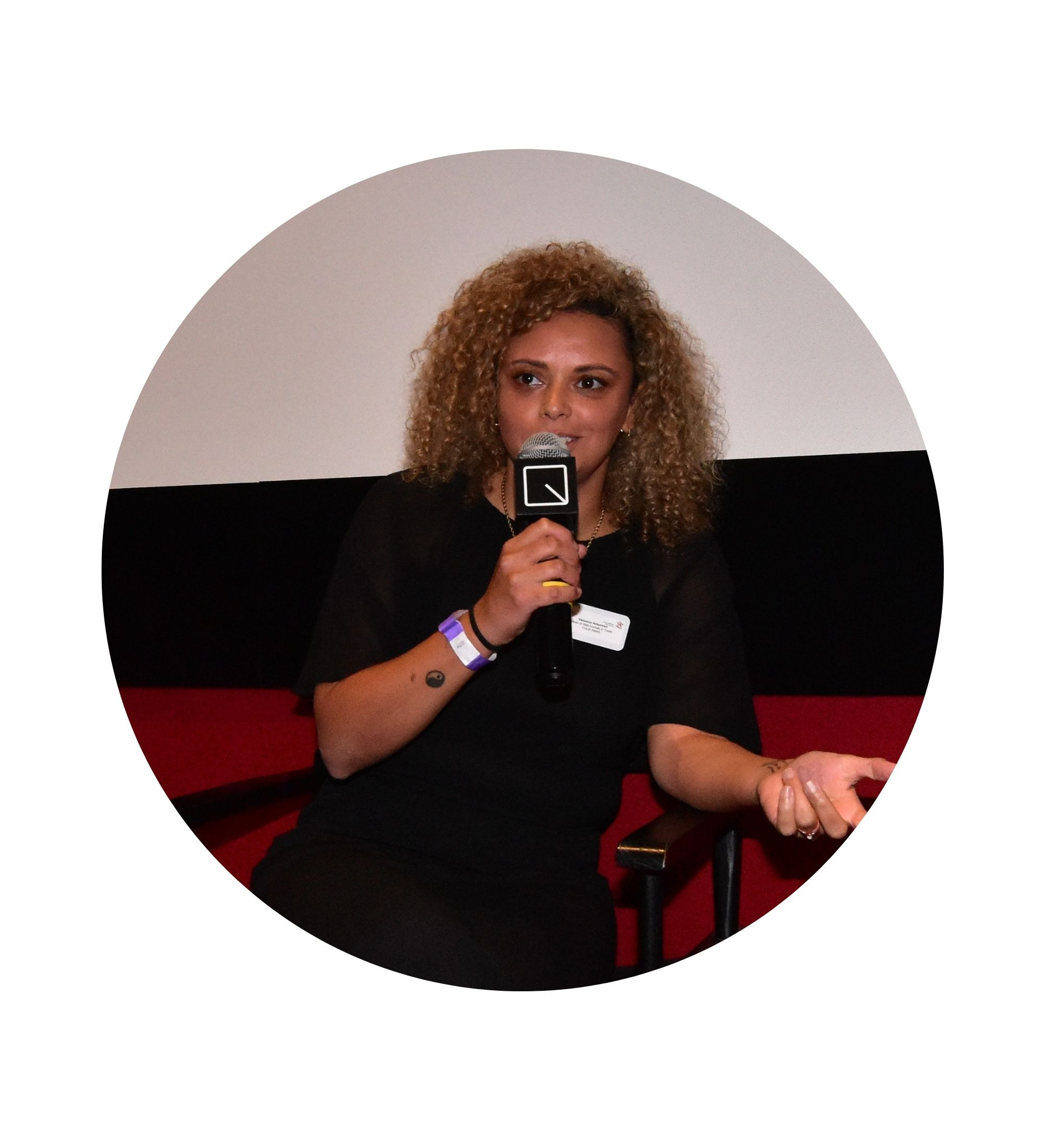
For Vanessa Amoroso, Navigator at FOUR PAWS, - leading efforts to end the commercial exploitation of big cats and bears - it’s been a journey shaped by persistence, purpose, and a deep belief in the power of public advocacy 📢. With over 14 years in the animal welfare sector, her work has spanned continents and campaigns - from tackling the illegal puppy trade to confronting the dark underbelly of wildlife trade.
This conversation is not only an exploration of a career in animal advocacy and campaigning, but a powerful and timely reflection on the deep interconnection between animal welfare and conservation 🌱. While conservation efforts often focus on species and ecosystems, this interview reminds us that protecting individual animals - and challenging the industries that commodify them - is fundamental to protecting biodiversity itself.
From the impacts of the exotic pet trade to the controversial role of zoos in modern conservation, we explore what it means to protect animals ethically, sustainably, and with integrity. We also talk about the role of education, legislation, and systemic change - and why all of these must go hand in hand to create a future where both wild animals and wild spaces are truly safe 🌿 🦁.
This isn’t just a story of one person’s career - it’s a lens into the ongoing evolution of conservation and animal protection in the 21st century, and a reminder that real change takes time, but it is possible ✨.
Please, find the conversation below👇______________________________________________________________________
Flavia: Could you tell me a bit about yourself? How long have you been working in the animal welfare sector, and what inspired you to pursue a career in this field?
Vanessa: I’ve been in the animal welfare sector for 14 years, driven by a lifelong love for animals. From a young age, I knew I wanted to dedicate my life to their protection. I grew up watching David Attenborough on Sundays, and I was obsessed with Shark Week. I didn’t necessarily have access to exotic wildlife in real life, but I was completely fascinated by what I saw on the screen. That passion led me to study environmental biology - I figured if I wanted to help animals, I should start by protecting the environments they live in.
Following university, my path wasn’t straightforward. I ended up in a job that wasn’t aligned with my passion, and I really wanted to do something with purpose. It actually took moving to Australia to land my first job in the charity sector, with IFAW, the International Fund for Animal Welfare. I started on the phones, speaking to animal lovers and taking donations, which gave me a really solid grounding in how charities work, especially international ones with complex programmes and species-specific campaigns. It was a great start.
Eventually, I transferred to the London office and stayed with IFAW for about five years. During that time, I wasn’t sure if I wanted to go down the fundraising route or the campaigning one - I just knew I wanted to help animals and talk to people about why it matters. In the end, I chose campaigning. I also completed a postgraduate certificate in International Animal Welfare, Ethics, and Law at the University of Edinburgh - they were actually the first university to offer a qualification like that. This really helped me secure my first campaigning role in the UK, focused on ending the puppy trade. It was a landmark effort that led to significant legal changes, including banning third-party sales of puppies without the mother present. We also managed to get police dogs and horses legally recognized as sentient beings, increasing penalties for their harm under “Finn’s Law,” which was a major victory.
Wanting to work more directly on wildlife issues, I then moved to World Animal Protection, where I spent just under five years working on the exotic pet trade, wildlife trade, and wildlife selfies. That role was incredible, allowing me to contribute to meaningful change for animals globally.
Then I joined FOUR PAWS, where I’ve been for four years now. I started by leading a team focused on big cat trade issues, and I’ve just been promoted to a new role, leading efforts to end the exploitation of big cats and bears for entertainment. It’s a really exciting time, and I feel incredibly lucky to be in a position where I can help shape change on such an important issue.
Flavia: What are the biggest challenges for organisations like FOUR PAWS?
Vanessa: If I had a magic wand, all the animals would be safe, and people would truly respect them. That means living in a world where both people and the systems in place don’t abuse or exploit animals the way they often do now.
For organisations like FOUR PAWS, one of the biggest challenges is creating that shift in mindset - getting people to really care. It’s a two-pronged approach: people need to demand better for animals, and then governments need to recognise that public pressure and be willing to act. That’s often the challenge. Campaigning is a long game. Change rarely happens overnight unless there’s some major tragedy that grabs national or global attention. 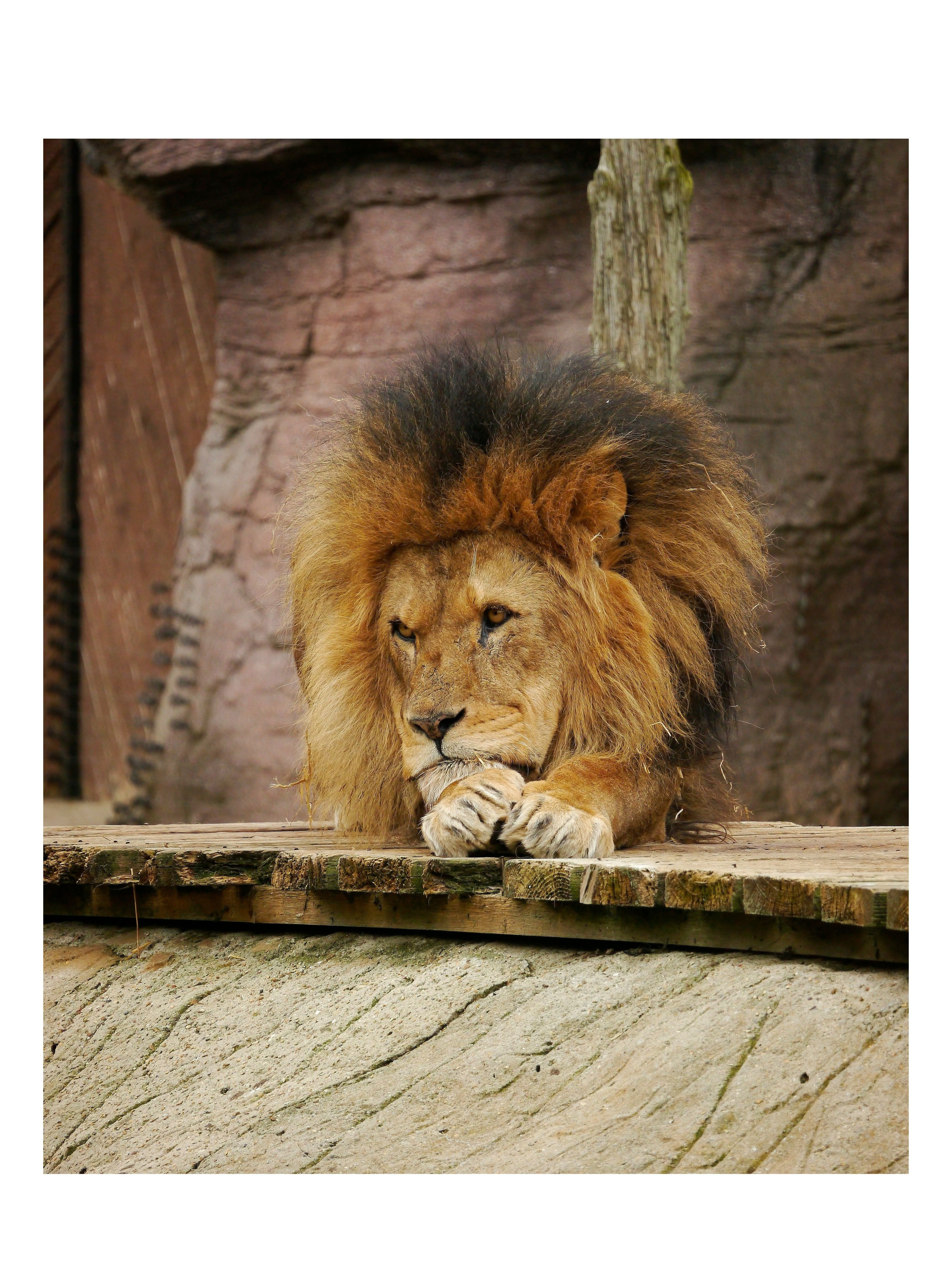
And of course, as a charity, we rely heavily on the generosity of people around the world. If donations drop, then naturally, the scale and reach of our work are affected too. So it’s always a balance - keeping momentum going, building public support, and making sure we have the resources to keep fighting for animals.
Flavia: What do you feel are the key issues in wildlife trade these days?
Vanessa: One of the biggest issues in wildlife trade right now, and one that most people don’t even realise is happening, is the commercial trade of big cats. If you look at the records, you'll see thousands of animals being moved across borders every year, often with very little scrutiny. And many of them simply disappear from the system. When that happens, you have to ask: where are those animals going? The reality is, they're being processed - for traditional medicine, for their bones, their skins, and so-called 'luxury' products, which, frankly, are anything but luxurious!
The whole system is low risk and high reward, and that makes it incredibly attractive to organised crime. We're talking about networks that are also involved in things like drug trafficking and human trafficking, so smuggling a tiger here and there is just another stream of profit for them. The lack of enforcement and regulation only makes it easier. It's a massive, underreported issue that urgently needs more global attention.
Flavia: How is legal wildlife trade still allowed in Europe? The commodification of wildlife is a major threat to biodiversity - shouldn't all wildlife trade be illegal?
Vanessa: Legal wildlife trade is part of the problem. For example, it can be legal to move a lion across borders, and even legal to keep that lion in your back garden, depending on the country. But then what happens when that lion escapes? Or when it's kept in terrible conditions? That’s when organisations like FOUR PAWS have to step in and clean up the mess.
This really highlights the deeper issue: the perception that wild animals can be owned, displayed, or used for entertainment. That’s what needs to change. Wild animals don’t belong in people’s homes or roadside zoos. You should only see them in the wild or in true sanctuaries where their welfare is the priority. A true sanctuary is a place where there’s no public interaction: no feeding, no bathing, no selfies, where animals aren’t bred to produce babies for tourists, and where there’s no buying or selling - because that would completely go against the principles of sanctuary care.
So yes, the commodification of wildlife is a major threat to biodiversity, and while there’s a difference between legal and illegal trade, both can be incredibly harmful. The legal trade often provides cover for illegal activity, and it reinforces the idea that animals are objects to be bought, sold, or exploited. That’s why we believe the conversation needs to shift entirely, away from trade and ownership, and toward respect, protection, and places where animals are truly safe.
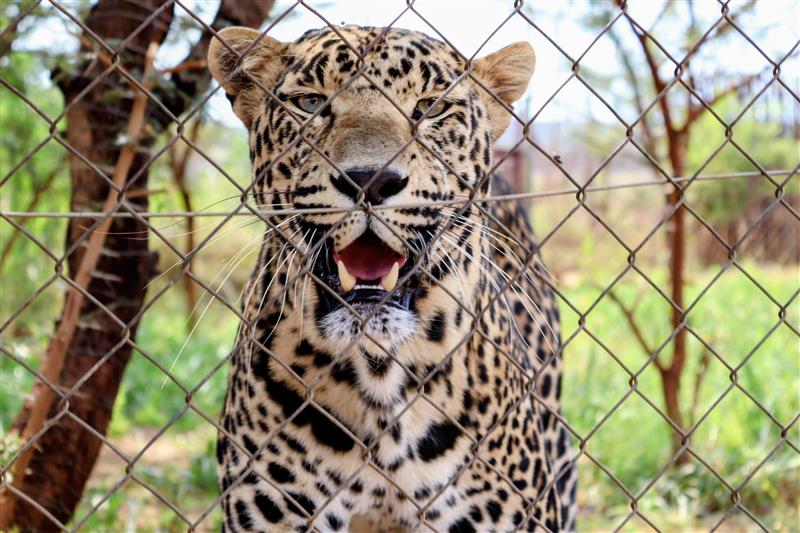
Photo by Vanessa Amoroso
Flavia: Does FOUR PAWS collaborate with both sanctuaries and zoos? How do you see each of these contributing to conservation and animal welfare, and how do they support the overall mission of FOUR PAWS?
Vanessa: FOUR PAWS currently operates 13 sanctuaries around the world, big cat and bear sanctuaries. We follow a true sanctuary model, where we put the animals first. In terms of zoos, we do work with those that meet high welfare standards, particularly in situations where an animal needs to be urgently removed from a private keeping situation. In some cases, it’s not possible to arrange the paperwork quickly enough to move the animal straight to one of our sanctuaries, so high-welfare zoos act as an interim solution. The zoo will keep them for a period of time, to acclimatise the animal until a permanent placement is possible.
So we collaborate with zoos in that sense, but in terms of the wider vision for zoos – and this is personal perspective, I would like to see a transition away from keeping animals in small, barren enclosures purely for public entertainment. While zoos often argue their role is educational, I believe you can achieve even better educational outcomes through a documentary, where you are able to see animals displaying natural behaviour rather than stereotypic behaviour.
Ideally, I’d love to see zoos transition toward a sanctuary-based model. That way, they could focus on providing lifelong, high-quality care for animals that have been rescued. Those animals could become a powerful educational tool in themselves, showing visitors the realities of exploitation and the importance of respect, rather than ownership.
Flavia: Do you think zoos in the UK are open to the idea of transitioning toward a more sanctuary-based model, and do you see any movement in that direction?
Vanessa: I really hope to see meaningful change in my lifetime. Of course, progress is slow, but there are already encouraging signs - for example, the UK is actively discussing the possibility of ending elephant captivity altogether. That would be a significant step forward.
Elephants, in particular, suffer tremendously in captivity. Despite this, many zoos still keep them. In the wild, elephants cover vast distances each day - it’s part of their natural rhythm. In captivity, they’re restricted to a fraction of that space. As a result, they often suffer from obesity, shortened lifespans, and severe psychological stress. It’s a deeply problematic situation.
Ideally, I’d like to see change begin with megafauna like elephants, who are especially unsuited to confinement. Yes, species like tigers and lions are endangered, but the reality is that most of the animals in zoos today are not released into the wild. They’re often bred in captivity and remain there, part of closed breeding programs. Many of them aren't even genetically suitable for wild reintroduction anymore. So the idea that zoos are primarily about conservation doesn’t always hold up, in many cases it’s really about entertainment.
That said, I do see hope. Emerging technologies like VR and robotics are opening up new possibilities for engaging the public in animal education and conservation, without relying on live animals. Zoos have the opportunity to think more creatively and ethically about their future models. It’s a conversation that’s beginning to happen, and with enough public pressure, I do believe we’ll see real movement in that direction.
Flavia: Is engaging with zoos to encourage a transition toward a sanctuary-based or more ethical model something that FOUR PAWS actively does? Do you have conversations with zoos about shifting their practices, or is the focus more on rescue and rehabilitation?
Vanessa: At the moment, our focus is primarily on supporting rescues. However, we are also engaging at the policy level - one key area is our work around the EU Zoo Directive. Through this, we're advocating for the closure or transition of low-welfare zoos that fail to meet even basic animal welfare standards.
Ultimately, my hope is that we can completely phase out traditional zoo models and reimagine these spaces in a way that truly prioritises animal welfare - not just serve human entertainment.
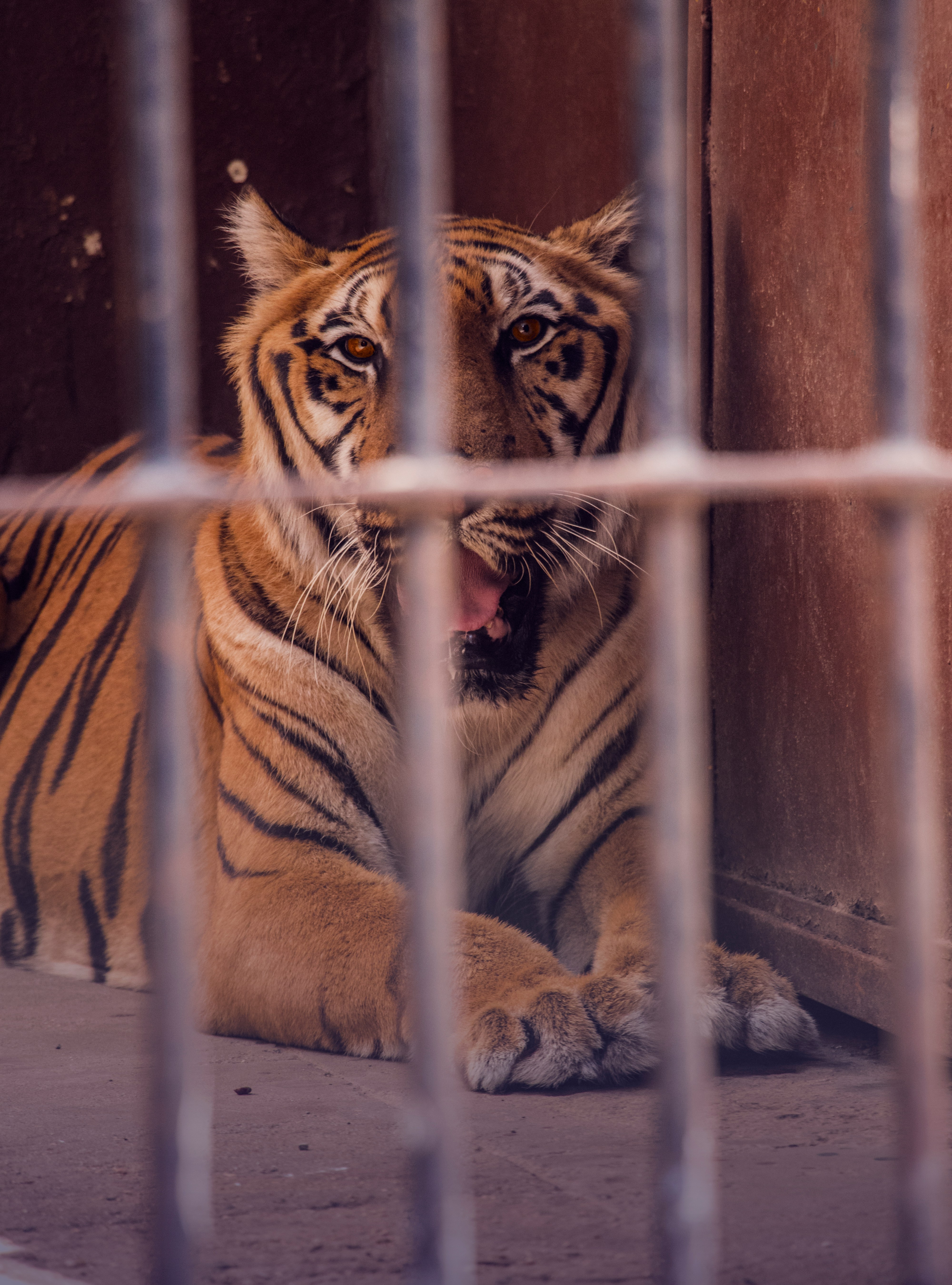
Flavia: For people who want to connect with animals but choose not to visit zoos, what would you recommend as sustainable and ethical alternatives? How can individuals experience wildlife in a way that respects animal welfare and supports conservation?
Vanessa: I mean, like many people, I went to zoos as a child because I loved animals. At one point, I even wanted to work at SeaWorld - it seemed amazing at the time. But as you grow up, you start to realise the darker side: the animals are suffering, it's a risky and unnatural environment, and there’s often very little transparency about where those animals actually come from. And when you do look into it... it’s horrific.
So, for people who are passionate about wildlife and want to connect with animals in an ethical way, I’d always recommend seeing animals in the wild - where they belong. Every country has native wildlife, and there’s so much to appreciate right on your doorstep. I grew up going pond-dipping and walking in the woods - I was obsessed with foxes!
And later on, when you're older or in a position to travel, there are opportunities to go on ethical safaris, or even work with organisations that take you into the field. But it doesn’t have to start with lions or elephants. It can start with the birds in your garden or the deer in your local park. The key is learning to appreciate animals without needing them to be behind bars.
Flavia: What advice would you give young conservationists, or those looking to switch careers, who want to work in the animal welfare sector? Are there opportunities out there, and what paths would you recommend for getting started?
Vanessa: Definitely. There’s actually a lot of crossover in the sector. If you're working on issues like wildlife trade, you're often collaborating closely with conservation organisations as well. So it's not just one path, there are lots of ways in. The key is getting your foot in the door, and that often starts with volunteering. Especially with charities, volunteering can give you valuable experience and credibility - having a charity’s name on your CV can really help open doors.
That’s exactly how I started, from the very bottom, and then worked my way up over time. So I’d definitely recommend being open to starting small and building experience. Studying something relevant can help, of course, but it’s not the only route in. At FOUR PAWS, for example, we have people from all kinds of backgrounds - marketers, investigators, finance professionals, communications teams, vets, animal carers, etc. There’s genuinely a place for almost everyone in this field. So really, it depends on what you’re passionate about. Do you want to be on the ground, caring for animals? Or do you want to be behind the scenes, raising awareness and funds? Either way, if you're passionate about animals and committed to the cause, there’s a role for you somewhere.
Flavia: What other opportunities are available for people to get involved with FOUR PAWS, such as volunteering or internships?
Vanessa: The best approach is to check if there’s a local FOUR PAWS office near you, as we have several offices worldwide. Since rules around internships and volunteering vary by country, it’s a good idea to contact the local office directly. You can send your CV along with a brief letter or note of interest, explaining your availability and desire to help. Hopefully, someone will get back to you with potential opportunities.
______________________________________________________________________
A note of thanks and reflection
I’m very grateful to Vanessa for taking the time to share her journey, her work, and her insights with us 🙏. Our conversation left a lasting impression - not only because of the breadth of her experience, but because of the clarity and compassion she brings to one of the most pressing yet overlooked issues in conservation: how we treat individual animals within our global systems.
This interview also felt incredibly personal. For the last 20 years, I’ve volunteered with animal rescues, and I’ve witnessed the consequences of neglect, exploitation, cruelty and systemic failures over and over. This has shaped not only how I view animal welfare, but how I understand conservation. Vanessa’s work is a powerful reminder that protecting wildlife must go beyond preserving habitats or managing species, it must also mean advocating for the well-being of each animal caught in these systems. There is no true conservation without compassion 💚.
That’s why this felt like such an overdue conversation, one I’ve wanted to bring into the WildHub space for some time. Conversations around ethics, animal welfare, and systemic change are too often missing from the conservation dialogue. I hope this interview helps open that door a little wider, and I truly believe Vanessa’s perspective will resonate with others who feel the same urgency to build a more ethical and empathetic path forward for all animals, wild and companion alike 🐾 🌱.
Inspired by FOUR PAWS’ work to protect animals? Help make a difference!
👉 Donate: https://www.four-paws.org/get-involved/donate
👉 Sign Petitions: https://www.four-paws.org/get-involved/petitions
👉 Get Involved: https://www.four-paws.org/get-involved
If you’d like to visit one of FOUR PAWS’ sanctuaries, you can find more information here: 👉https://www.four-paws.org/campaigns-topics/sanctuaries
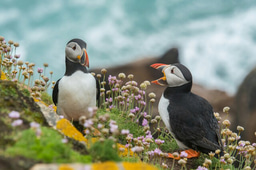
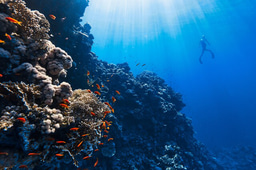
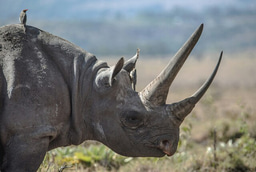
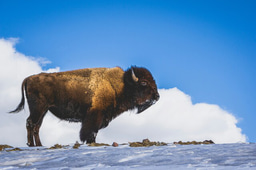
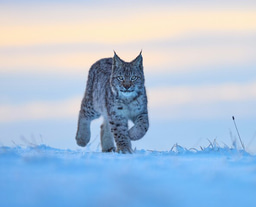
Please sign in or register for FREE
If you are a registered user on WildHub, please sign in
A few days ago, I came across a bizarre argument made by someone regarding the importance of zoos. This person claimed that we need zoos in case of a 'sad event' that could wipe out certain species, suggesting that zoos could help save them. This perspective completely ignores the changes and challenges faced by the animals living in captivity. What frightens me is that a large number of people genuinely believe this to be true!
Thank you so much, Venessa, for your work on this issue. I hope to see a more ethical world for animals in the future. Best wishes to Four Paws
You’re absolutely right @Fairuse Akter, the idea that zoos can act as a “backup” for species often overlooks the realities of life in captivity. And it’s not just about that: even if zoos could prevent a species from disappearing, many animals in zoos are now so genetically distinct from their wild relatives that reintroduction is, unfortunately, rarely feasible. Captivity fundamentally changes animals' natural behaviours and genetics.
I share your hope for a more ethical world for animals, and conversations like this are exactly why awareness matters. 💚
Absolutely!
Thank you, Flavia and Vanessa, for such an insightful conversation. I really appreciated how you, @Flavia Manieri, remind us that compassion is central to lasting change. And @Vanessa Amoroso, your perspective on change as “the long game” resonated with me; it’s a powerful reminder of how persistence and integrity can shape real progress for animals.
Thanks so much, Thriza! I really loved putting this interview together and having such a thoughtful chat with Vanessa - it was truly inspiring!